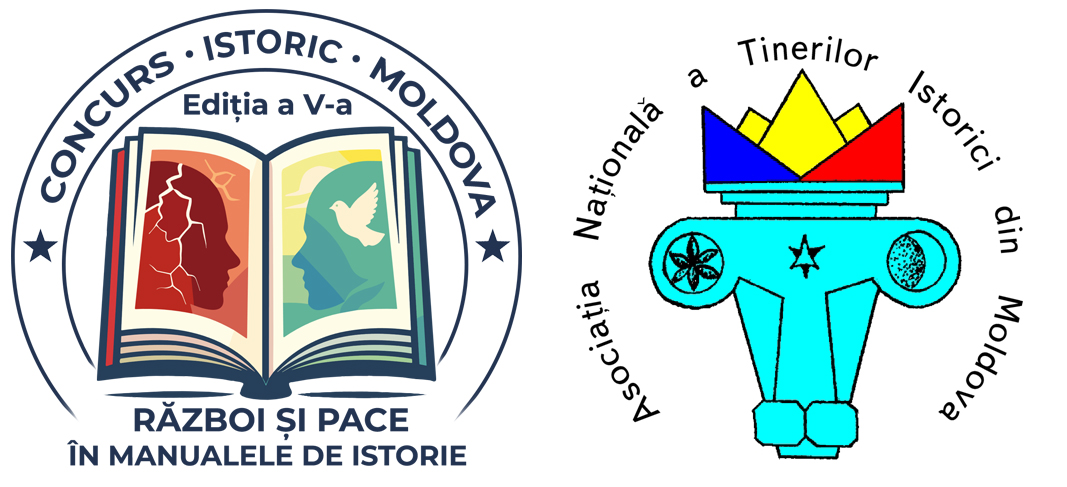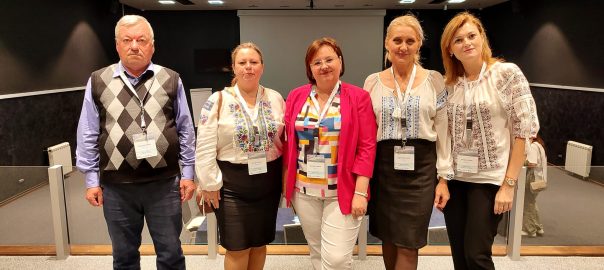On 17-20 October 2024, in Budva, Montenegro took place the Teachers’ Academy, an event organized in the context of the implementation of the International Project “Toolkit for Critical History Teaching”.
The participants of the event were high-achieving teachers from Armenia, Georgia, Moldova and Ukraine, who took part in the History Competition, 4th Edition (2023-2024) under the theme ” Dismantling Propaganda in the History of the 20th Century – a Call for Peace and Development”.
During the 4 days of the Academy, teachers were involved in several working sessions guided by the camp trainers:
Mire Mladenovski, President of the Association of History Teachers of North Macedonia, in his presentation “History Teaching as a Weapon and a Tool” emphasized the role of curriculum, textbooks and teachers in history education, the teacher being the basic pillar with his own values, attitudes and charisma. The role of the teacher is to contribute directly to the cultivation of empathy, respect, understanding and tolerance, as well as to the education of a society united by diversity and free from prejudice, all of which results in peace and a developed multicultural society.
Aleksandar Todosijevic, President of the Serbian History Teachers’ Association, presented “The role of history textbooks” in teaching lessons, noting that textbooks are diverse in the interpretation of the content they usually convey, this is usually determined by the content that the government agrees with. In the same context, it is also noted that there is a lack of alternative textbooks, and those used in lessons present events and divide people as ‘good’ or ‘bad’, ‘ours’ or ‘yours’. Textbooks present the same historical personalities either as heroes or anti-heroes, depending on the country and whether there were winners and losers in the wars. Textbooks often express emotionally charged language about the victims of certain ethnic groups.
Admir Ibricic, Professor of History from Bosnia and Herzegovina, defined the term culturocide in his presentation “The Destruction of Cultural Heritage”, exemplifying how books and intellectual heritage have been banned, censored and destroyed by legal provisions throughout history in almost all countries since the advent of education. Culturocide has a special significance not only for the present generation, but also for generations to come. Culturocide is, in essence, a crime against humanity and must be combated through legislation, international conventions and education.
Mr. Milos Vukanovic, President of the Association of History Teachers of Montenegro, gave a presentation entitled “A multi-perspective view of the past”, mentioning the importance of a more comprehensive understanding of historical events by taking into account different testimonies with regard to the similarities and differences of different testimonies, understanding the social dynamics of a particular era, revealing our perception of others, but also the relations between ‘us’ and ‘others’, and understanding that certain conflicts arise because of the different interpretations of the conflicting parties. There is a need for others to accept their guilt and to want reconciliation; to present themselves in an objective and unbiased, emotionally neutral way, and to approach historical facts from the perspective of each side in the conflict. In such circumstances, the big challenge is to identify such types of sources for students to work with.
Participants consider the Teachers’ Academy as a real investment in teachers, connecting the histories of peoples from the same geographical and/or historical region by analyzing and reflecting on their similarities and differences.
The project is implemented by the Institute for International Cooperation of the German Adult Education Association (DVV International) in collaboration with ANTIM – National Association of Young Historians of the Republic of Moldova, with the support of the Körber-Stiftung Foundation, Germany.

